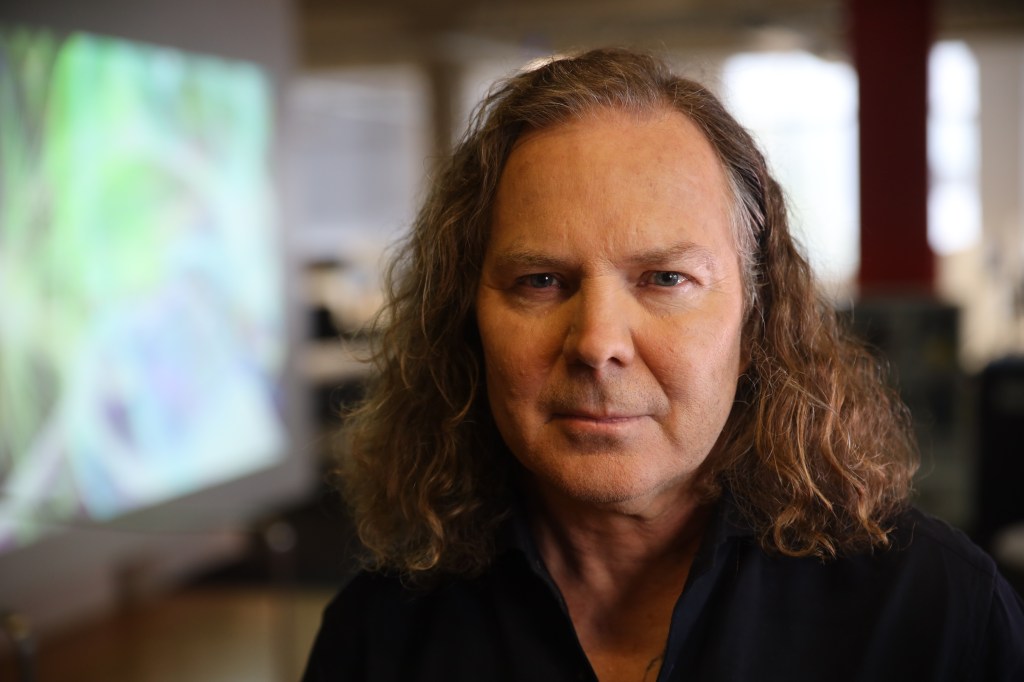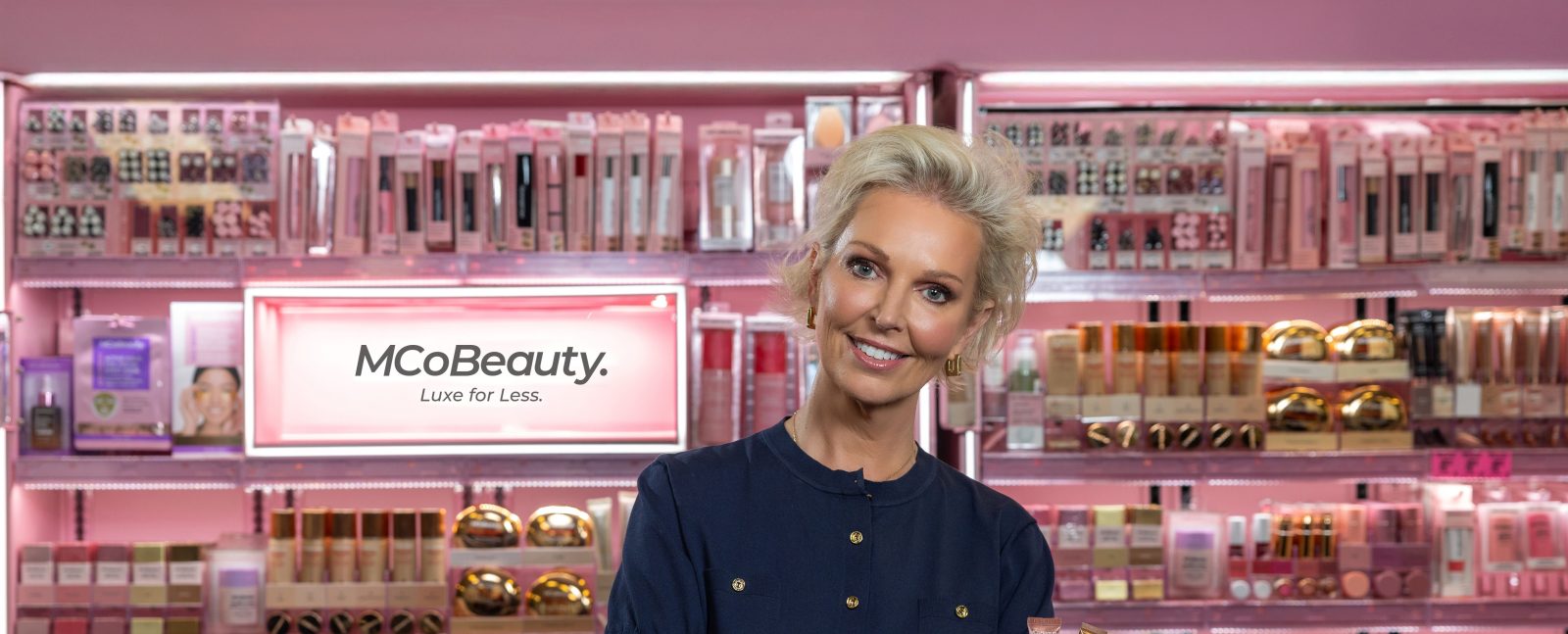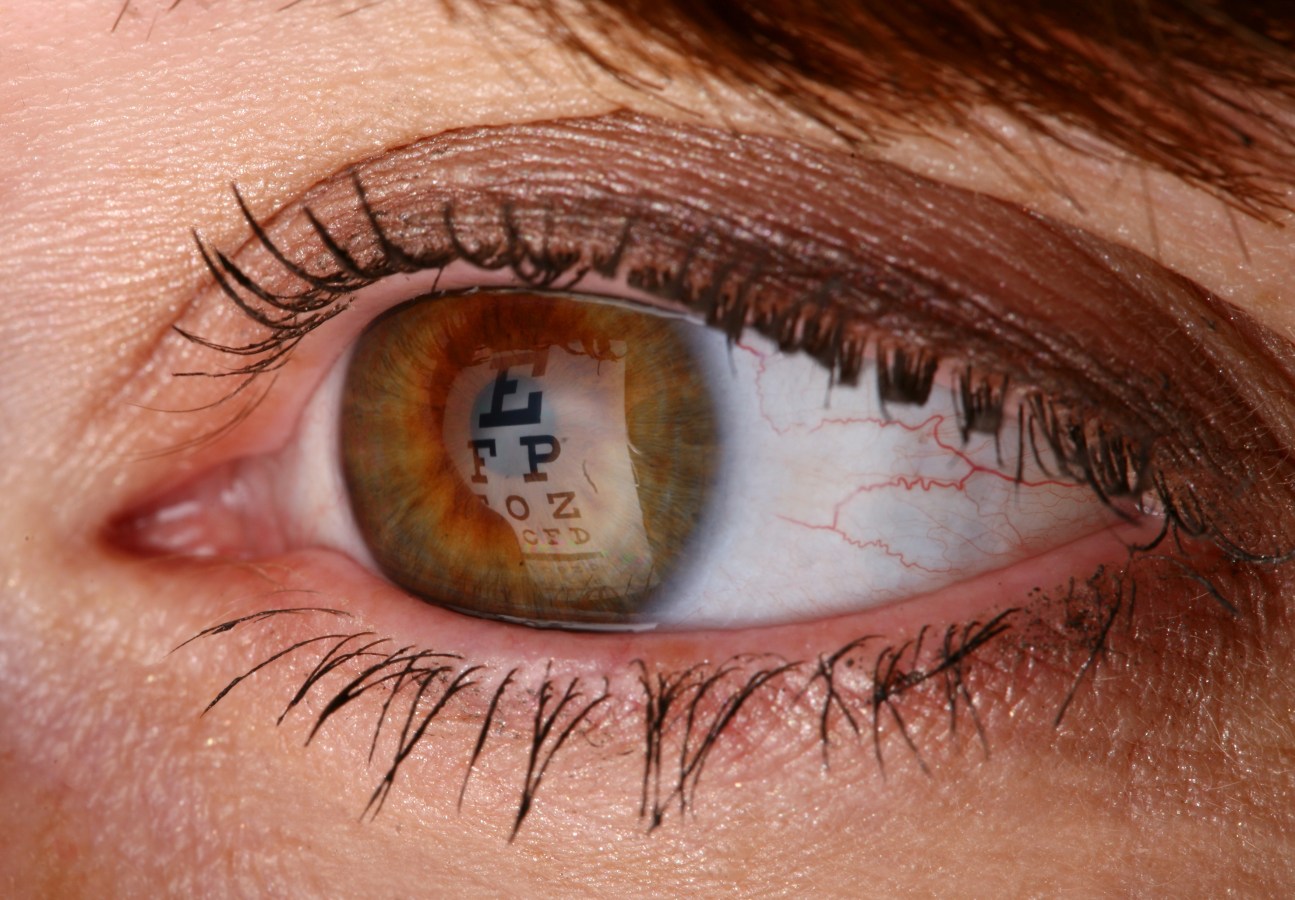Greg Cross and Mark Sagar launched Soul Machines in 2016 to create digital humans. After raising more than $200 million for their mission, Cross and Sagar say with all the potential of AI, it’s an exciting – but challenging – time.

Just six films have grossed more than US$2 billion at the box office worldwide in history, and it may come as no surprise that James Cameron’s Avatar takes the top spot, at US$2.92 billion. (Its sequel, The Way of Water, is also third).
And while Cameron may have won the Oscar for best director for the 2010 film, it was New Zealand-born Mark Sagar who took out the Scientific and Engineering Academy Award in 2010 and 2011 for his work in building the pioneering technology that led to significant advancements in computer-generated imagery (CGI). And, ultimately, made Avatar (and films like King Kong, Benjamin Button and Spider Man 2) the film it is.
Off the back of his wins, Sagar set up a research lab at the University of Auckland in 2012 to look at how CGI and artificial intelligence (AI) might converge in the future. His project, called BabyX, saw researchers begin to look into cognitive modelling – how to create cognitive models that simulate human behaviour – and embodied cognition, or what the Soul Machines team calls biological AI.
A few years into that journey, serial entrepreneur – and fellow Kiwi – Greg Cross was introduced to Sagar by a mutual friend.
“We did the very Kiwi/Aussie thing: had a beer and decided we liked each other,” Cross says. “We spun out his research lab to create Soul Machines and took on our first round of funding, led by Solina Chau and the folks at Horizon Ventures.” Since its 2016 launch, the company has raised a total of US$135 (AU$206 million).
And so, what began as a research project into humanising AI became a world-leading digital humans technology business. For example, in 2020, the World Health Organisation employed Florence – its first digital health worker created by Soul Machines technology – to provide clarity around COVID myths. Florence also addressed smoking and its consequences, and helped users develop a quitting plan.
That’s its Digital People division, which, in 2023, drove more than 513,000 conversations. The average conversation time in 2023 was about 10 minutes, but this year has grown to 20 minutes. By comparison, the average human conversation length is 10 minutes long, Cross says.
The company’s patented tech behind its digital people, The Digital Brain, contains interactive layers that mimic the human nervous system, to enable realistic emotional responses and dynamic conversations. The digital people are autonomous: they can see, hear, talk, react, create learnings, and even empathise in the same way as real humans.
Let’s be clear, with all the potential of AI, this remains a very challenging time for anybody and everybody in this space. Business models are still emerging, everybody’s trying to work out what comes next and where they should be investing.
Greg Cross, co-founder, Soul Machines
But in the last 12 months, the company has accelerated the democratisation of its core product and solution, through Soul Machines Studio, which operates on a freemium model. That allows anyone to sign up as a user, design and build a digital person, train it up, give it a personality and a language, a voice and a look, and attach it to their own large language model.
“It’s just been wave after wave of innovation,” Cross says. “It’s bottoms-up innovation, driven by our customers and us as individuals who are using AI now on a day-to-day basis. We all integrate it, and we’ve all discovered that we can be incredibly productive.”
The most recent figures show the company saw 4817% QoQ customer growth for its Soul Machines Studio. And while some use-cases for Studio are educational (Cross says there are users who sign up to learn to speak English with a virtual human), others are purely after entertainment.
At SXSW this year in March, Soul Machines unveiled its Digital Marilyn – an AI-powered tech with Marilyn Monroe’s iconic looks, signature voice and style. The company worked with Authentic Brands Group, which own and manage Monroe’s estate, to deploy Digital Marilyn.

“It was our first project working with someone who was deceased, and there was obviously some challenges in how we do that, but we are incredibly proud of the authenticity and the integrity with which we’ve created that,” Cross says. “It’s more than nostalgia; it’s a glimpse into the future of immersive interactions.”
Cross is firm that this is the fan experience of the future. But the data at Soul Machines backs it up – the company, which recently released a digital version of K-Pop star Mark Tuan, found fans spent over 20 minutes speaking with him. In fact, the longest recorded conversation with Digital Mark Tuan was almost four hours.
“When you think about that level of fan engagement, and you think of the monetisation models this provides celebrities on social media… Imagine when you go to the e-commerce store to buy concert tickets for Mark Tuan, you can actually have a conversation with him. These are the sorts of areas we see as being really important, creating these highly-personalised, highly-curated, very engaging fan experiences.”
Over the next 12 months, Cross says the company will continue to work on refining its Digital Brain technology and researching how to make AI more aware of the real-world.
“Let’s be clear, with all the potential of AI, this remains a very challenging time for anybody and everybody in this space. Business models are still emerging, everybody’s trying to work out what comes next and where they should be investing.
“I think we’ll start to see key industry players, particularly in industries where there is a lot of proprietary data, a lot of existing digital content, like the healthcare sector, look to take advantage of this.”
Look back on the week that was with hand-picked articles from Australia and around the world. Sign up to the Forbes Australia newsletter here or become a member here.



